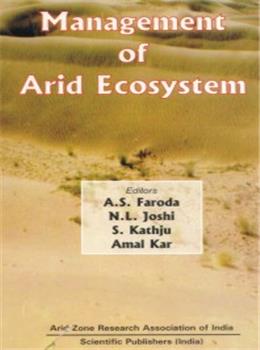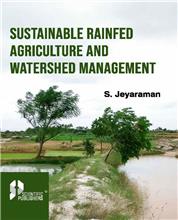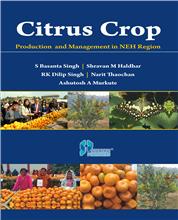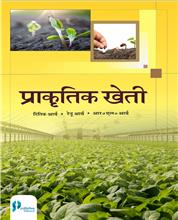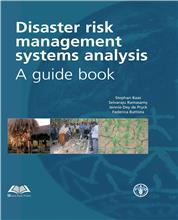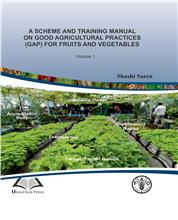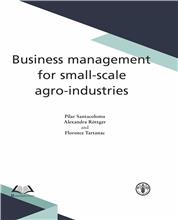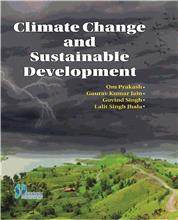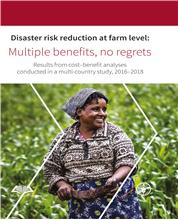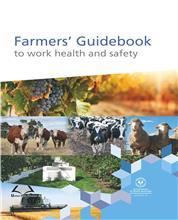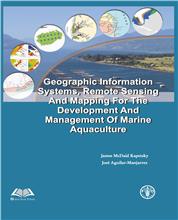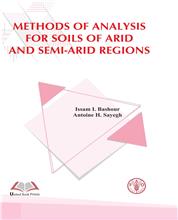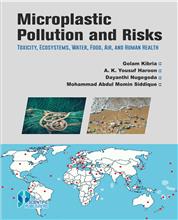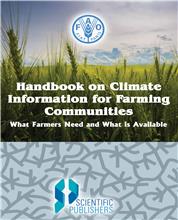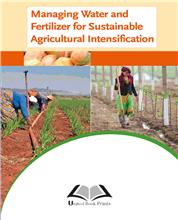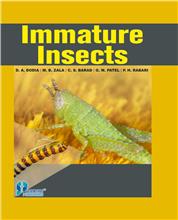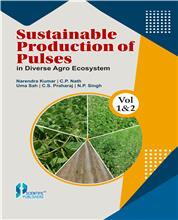The arid ecosystem has been under constant pressure of biotic and abiotic stresses all through the millennium. In the last few decades there has been acute resource depletion of the already fragile ecosystem through over-exploitation of resources by the ever expanding human and livestock populations and developmental activities. Realising the alarming situation, efforts were initiated a few decades ago by various national, regional and international organisations to contain the degradation processes and to restore to the productivity levels in the arid ecosystem. Researches in this direction have taken great strides. The degradation processes are now understood much better and monitoring has been made possible, thanks to the modern tools at the hands of the researchers. There has been a shift in the concept, from production capacity to sustainability of the production systems. Much advances have been made in last couple of decades to take stock of the recent advances in the field. The AZRAI organised a symposium on Recent Advances in Management of Arid Ecosystem , in March 1997, over 300 participants attended the symposium. For the benefit of those who could not attend the symposia, the 200 papers presented, 125 have been published in this book after they were peer reviewed. The articles are grouped in seven major themes : (1) Natural resources apprasial, (2) Biodiversity and environmental conservation, (3) Sustainable crop production, (4) Alternate land use systems, (5) Optimal water use, (6) Socio-economic factors, and (7) Transfer of technology. The book gives a broad but in depth and up-to-date coverage to problems related to arid zones. It is hoped researchers, and planners will find the book interesting and useful.
